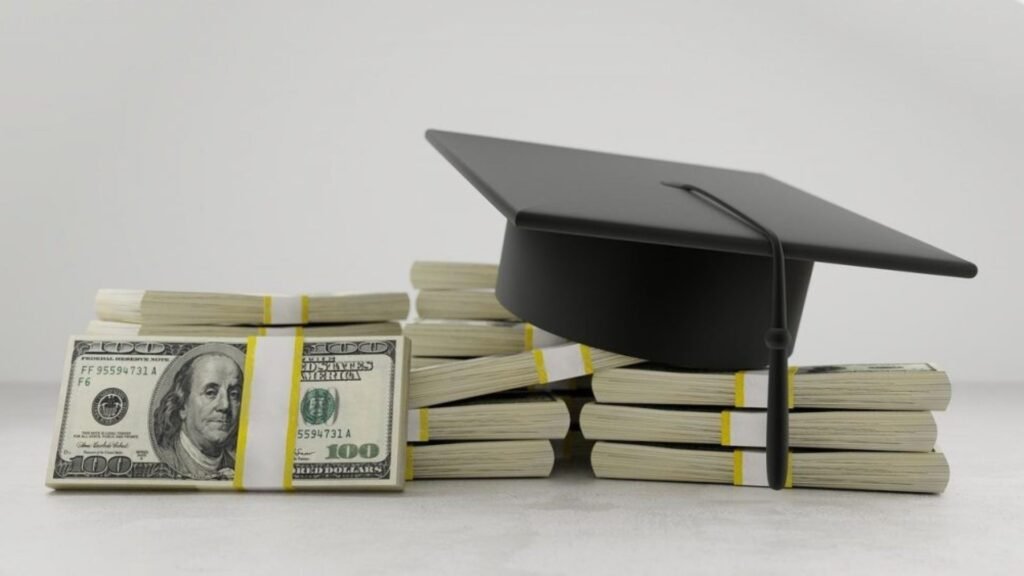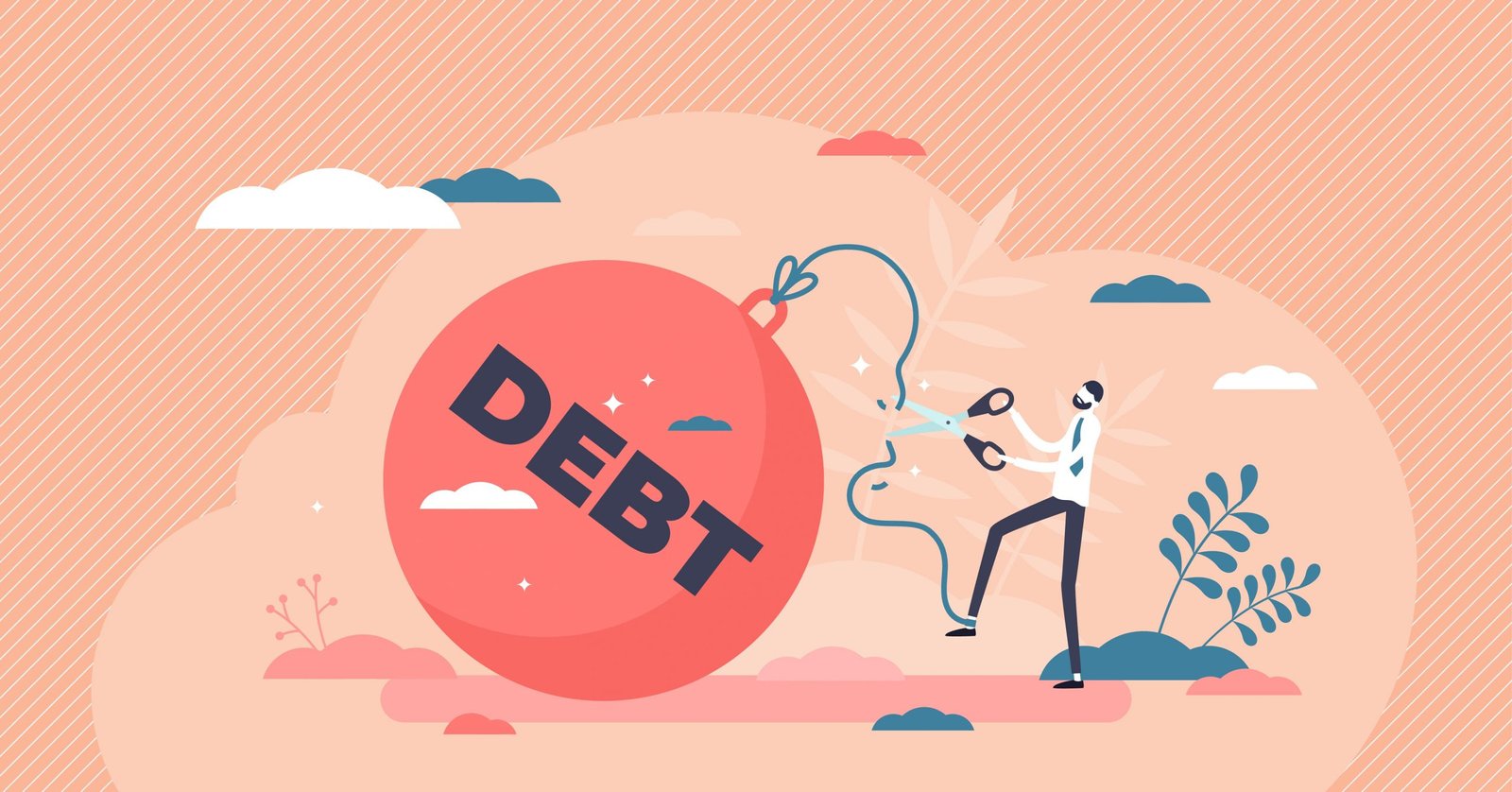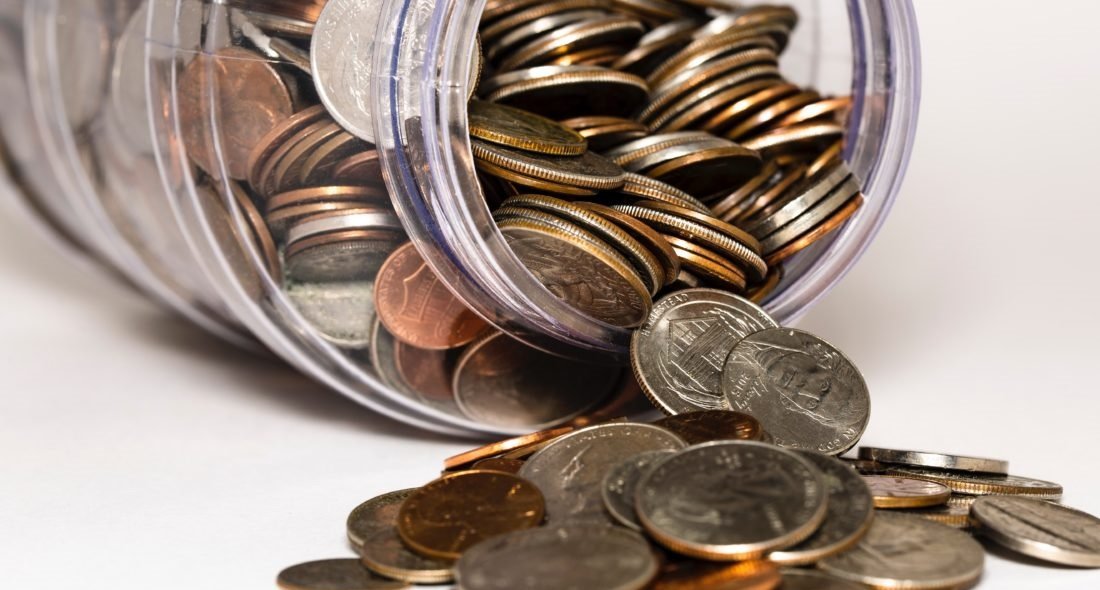Debt can weigh heavily on your finances, affecting your ability to save, invest, and live comfortably. However, seeking debt relief can significantly change your financial outlook, enabling you to regain control of your finances and build a more stable future. Whether through debt consolidation, debt settlement, or bankruptcy, debt relief can offer a fresh start. But how exactly can it impact your financial future? Let’s explore the effects debt relief can have and how it can lead to long-term financial recovery.

Understanding Debt Relief and Its Options
Debt relief encompasses various methods designed to help individuals reduce or eliminate their debt. Some common debt relief options include:
- Debt Consolidation: This involves combining multiple debts into one loan with a lower interest rate and a single monthly payment, simplifying debt management.
- Debt Settlement: In this process, you negotiate with creditors to pay a lump sum that is less than the total amount owed.
- Bankruptcy: This legal process can discharge most types of unsecured debt, but it significantly impacts your credit score and stays on your financial record for years.
Each option offers different benefits and consequences, and the one that works best for you will depend on your unique financial situation.
Short-Term Impact: Improved Cash Flow
One of the immediate effects of debt relief is the improvement in your monthly cash flow. Debt consolidation and debt management plans often lower interest rates and reduce the number of monthly payments, making it easier to manage your finances. By consolidating high-interest debts into a single loan or negotiating reduced payments, you free up more of your income to cover other necessary expenses or save for the future.
In the case of debt settlement, although it can require a lump-sum payment, the total debt reduction means that your remaining debt burden is significantly lighter, leading to more disposable income in the short term.
Long-Term Impact: Financial Stability
Over time, debt relief can help you achieve long-term financial stability by removing the burden of unmanageable debt. Once you’ve successfully paid off or reduced your debts through one of the relief methods, you’ll have more financial freedom to:
- Save for Emergencies: With less debt to manage, you’re more likely to be able to set aside money for an emergency fund, which can protect you from unexpected financial challenges.
- Invest in Your Future: With better cash flow, you can start investing for your retirement or other long-term goals, such as buying a home or funding your children’s education.
- Build a Positive Credit History: Debt relief can help you rebuild your credit score if you make timely payments on consolidated loans or keep up with your debt settlement arrangements. This will ultimately improve your ability to secure favorable financing in the future.
The Impact on Your Credit Score
One of the most significant long-term effects of debt relief is its impact on your credit score. Depending on the debt relief method you choose, your credit score may drop temporarily, but it can improve over time with disciplined financial behavior.
- Debt Consolidation: If you consolidate your debts into a single loan and make timely payments, your credit score can improve as your credit utilization decreases and your payment history becomes more consistent.
- Debt Settlement: While debt settlement can have a negative impact on your credit score in the short term (as creditors may report your debts as settled for less than owed), this damage is temporary. With responsible credit use post-settlement, your credit score can recover within a few years.
- Bankruptcy: Bankruptcy has a severe effect on your credit score and can stay on your credit report for up to 10 years. However, the damage may be less than what would occur if you continued missing payments on your debts. Once your bankruptcy is discharged, you can begin rebuilding your credit by making on-time payments and using credit responsibly.
Conclusion
Debt relief can dramatically improve your financial future by offering immediate relief from overwhelming debt and providing the tools to create long-term financial stability. Whether through debt consolidation, debt settlement, or bankruptcy, debt relief offers a chance to regain control of your finances and pave the way for a brighter financial future. However, to ensure lasting success, it’s crucial to practice responsible financial habits after your debt relief process. With discipline, education, and planning, you can transform your financial situation and build a secure, debt-free future.











One thought on “How Debt Relief Can Impact Your Financial Future”
Comments are closed.